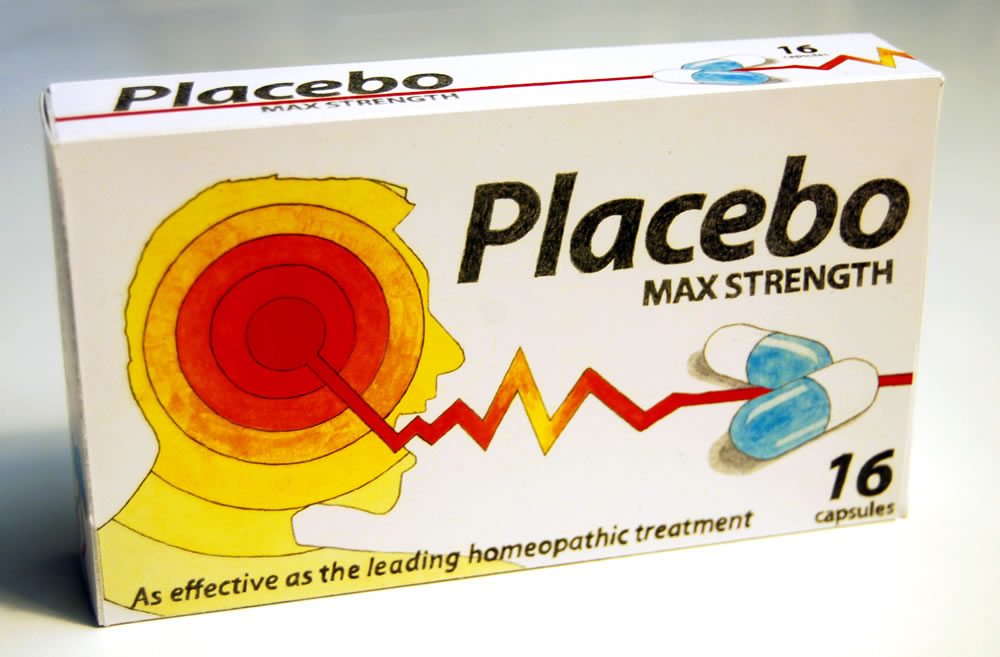Category: Neuroscience/Mental Health
Autism Prevalence Higher than Thought
Crossposted from NeuroLogica Blog Over the last 20 years the prevalence of autism (now part of autism spectrum disorder, ASD) has been increasing. The medical community is largely agreed that this increase is mostly due to expanding the diagnostic category and greater efforts at surveillance. There remains some controversy over whether or not these factors explain all of the measured increase, or...
Chemical castration of autistic children leads to the downfall of Dr. Mark Geier
One of the most persistent myths is one that’s been particularly and doggedly resistant to evidence, science, clinical trials, epidemiology, and reason. It’s also a myth that I’ve been writing about a long time. Specifically, I’m referring to the now scientifically discredited myth that the mercury-containing thimerosal preservative that used to be in quite a few childhood vaccines causes autism. The myth...
“Motivated reasoning,” alternative medicine, and the anti-vaccine movement
One theme that we at Science-Based Medicine keep revisiting again and again is not so much a question of the science behind medical therapies (although we do discuss that issue arguably more than any other) but rather a question of why. Why is it that so many people cling so tenaciously to pseudoscience, quackery, and, frequently, conspiracy theories used by believers to...
CCSVI Update
I have been following the story of Dr. Zamboni, an Italian vascular surgeon who claims that multiple sclerosis (MS) is primarily caused by blockages in the veins that drain blood from the brain. This results in backup of blood in the brain, leading to inflammation around the blood vessels and MS. He sought to find the cause and cure for MS because...
EMDR and Acupuncture – Selling Non-specific Effects
The scientific approach to understanding the world includes the process of carefully separating out variables and effects. Experiments, in fact, are designed specifically to control for variables. This can be especially challenging in medicine, since the body is a complex and variable system and there are always numerous factors at play. We often characterize the many variables that can influence the outcome...
The Dark Side of Medical Globalization
You are not going to change what we do, you’re not going to change our determination to make these patients better. I see these patients, I know these patients, I value these patients, I’ve looked after them for years. I’ve seen them after the procedure, the vast majority are improved. The above quote could be a reference to just about any fringe...

Placebo Effect for Pain
It has long been recognized that there are substantial multifactorial placebo effects that create real and illusory improvements in response to even an inactive treatment. There is a tendency, however (especially in popular discussion), to oversimplify placebo effects – to treat them as one mind-over-matter effect for all outcomes. Meanwhile researchers are elucidating the many mechanisms that go into measured placebo effects,...

The Flu Vaccine and Narcolepsy
Preliminary evidence has linked the flu vaccine to narcolepsy in several Scandinavian countries. Is the link real? What could be the mechanism?
“Piltdown medicine” and Andrew Wakefield’s MMR vaccine fraud
Pity poor Andrew Wakefield. Well, not really. I tend to view what’s happening to him yet again as the chickens coming home to roost. Let’s put it this way. 2010 was a terrible year for him, and 2011 is starting out almost as bad. In February 2010, the General Medical Council in the U.K. recommended that Wakefield be stripped of his license...

Placebo effects without deception? Well, not exactly…
In discussing “alternative” medicine it’s impossible not to discuss, at least briefly, placebo effects. Indeed, one of the most common complaints we at SBM voice about clinical trials of alternative medicine is the lack of adequate controls — meaning adequate controls for placebo and nonspecific effects. Just type “acupuncture” in the search box in the upper left hand corner of the blog...

